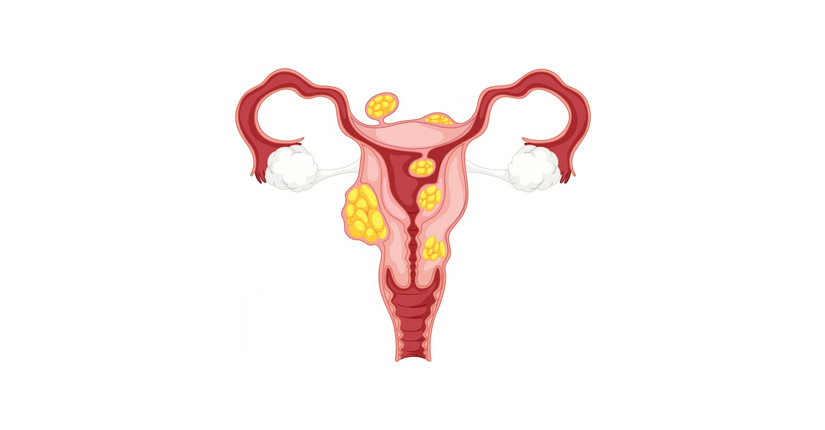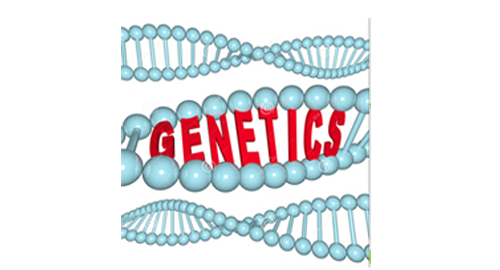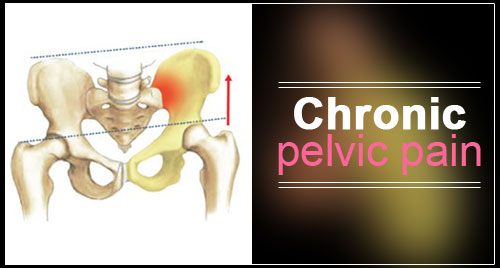Fibroids are common in the African population, with studies estimating occurrence in every 1 in 4 women. They are ‘golf-ball’ like swellings found in the body of the womb (uterus). It is important to be aware that fibroids are not cancer, and can be left alone for the lifetime of the woman. The cause of fibroids is not known, though there appears to be a genetic link.
Read more ..... Women’s health is intricately related to changing ovarian function. Estrogens, produced by the ovaries, have effects in almost all the body organs. Circulating levels of estrogens define women’s health and lifestyle, from puberty to the menopause.
Read more ..... Since the completion of sequencing of the human genome in 2001, advances in genetic technologies have led to identification of various gene variations that are associated with complex diseases. The consequent effect has been popularization of individual genetic testing in attempts to quantify future risks of certain diseases. But ample controversy still exists in scientific corridors about the usefulness of personalized genetic tests in a public health setting.
Read more ..... Women who have had a previous Cesarean Section (CS) usually have concerns about subsequent pregnancies and delivery implications. The common view that “once a CS always a CS” is not true. Each woman must have their individual circumstances reviewed before making a specific recommendation for subsequent deliveries.
Read more ..... Pelvic pain is a common Gynecological complaint, reported by about 1 in 4 women attending Gynecology clinics. It often leads to a poor quality of life if left untreated. Patients need a systemic evaluation to make a specific diagnosis and offer appropriate treatment strategies.
Read more ..... 




